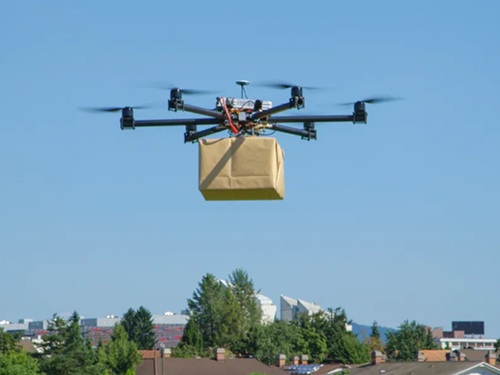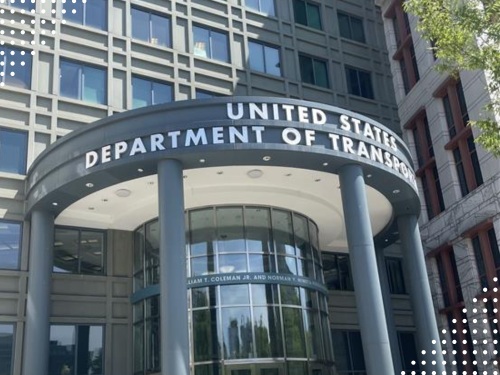The Federal Transit Administration plans to offer $600 million worth of competitive grants this year to replace aging railcars on subway systems as well as commuter and light rail networks, improving reliability, safety, and accessibility on the nation’s rail transit systems. The deadline for grant applications is January 5, 2023, the agency said.
[Above photo by Connecticut DOT]
Eligible transit agencies and states can apply through a notice of funding opportunity for fiscal year 2022 and 2023 grants via the new Rail Vehicle Replacement Program, established by the $1.2 trillion Infrastructure Investment and Jobs Act or IIJA, enacted November 2021. The IIJA funds FTA’s railcar replacement program with $1.5 billion over the next five years.
“One-third of subway and commuter rail vehicles are more than 25 years old,” noted FTA Administrator Nuria Fernandez in a statement. “Americans who ride transit deserve a world-class experience, featuring newer, safer, more efficient railcars.”

[Editor’s note: In a separate statement, FTA said it is providing more than two dozen American Indian Tribes and Alaska Native communities with $8.6 million in grants via its Tribal Transit Program. According the National Transit Database, tribal transit systems provide nearly 12 million vehicle miles of service annually, nationwide; providing critical access to jobs, schools, healthcare, shopping, as well as eldercare transportation.]
Many states continue working on their own to improve transit systems overall, including passenger rail infrastructure, in a variety of ways.
For example, Governor Ned Lamont (D) approved the release of $6.8 million in state grants to fund seven projects in six municipalities across Connecticut to support transit-oriented development. Those state grants support shovel-ready capital projects located within one-half mile of existing public transportation facilities and promote the development of infrastructure with the goal of creating walkable, mixed-use spaces that support vibrant, sustainable, and equitable communities.

“Investments in transportation infrastructure are investments in the future of our communities, our residents, and our businesses,” the governor said in a statement. “Transit-oriented development is more than asphalt and train tracks, it is a comprehensive approach that drives businesses and residents to call our state home.”
Meanwhile, in June, the Pennsylvania Department of Transportation and freight rail conglomerate Norfolk Southern Corp. reached an agreement to expand passenger rail access in western Pennsylvania.
The deal follows a February announcement that both PennDOT and Norfolk Southern would jointly examine opportunities to eliminate chokepoints and improve Pennsylvania’s rail system to better permit freight and passenger trains to operate together.
 Nation
Nation
USDOT Establishes Two New UAS Testing Sites in U.S.
January 16, 2026 Nation
Nation

